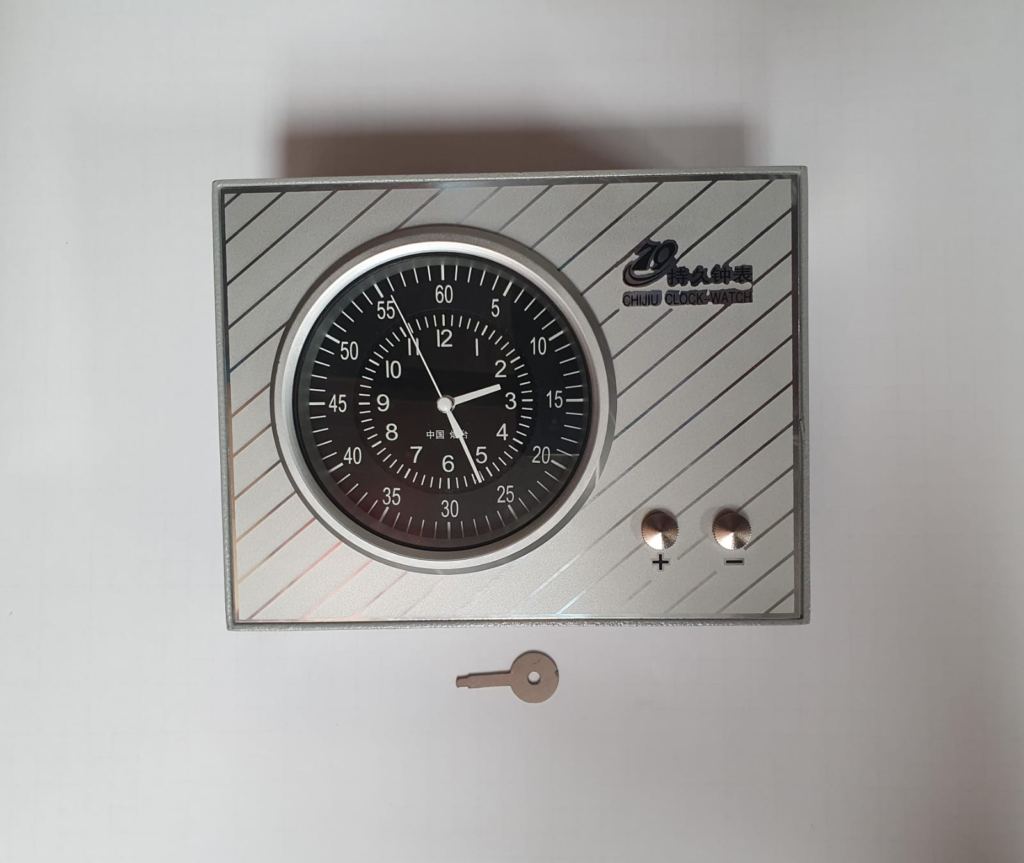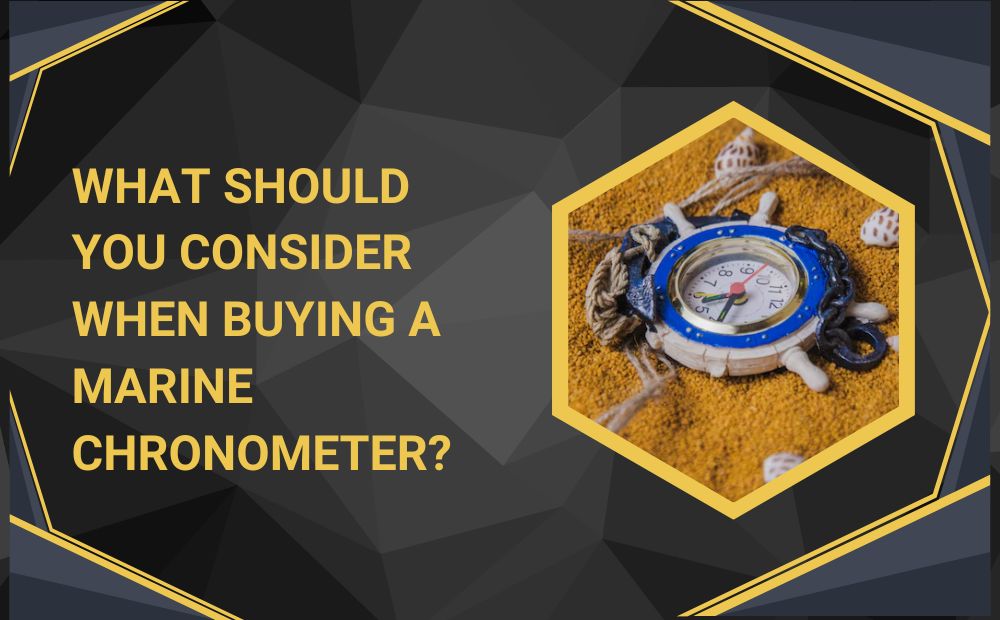A marine chronometer is a precision instrument crucial for navigation at sea, providing sailors with the accurate time needed to determine longitude. Choosing the right marine chronometer involves understanding its features, reliability, and how it fits into your maritime activities. Here’s a detailed guide to help you make an informed decision when purchasing a marine chronometer.
Understanding Marine Chronometers
Before delving into what to look for, it’s important to grasp the significance and functionality of a marine chronometer.
Purpose of Marine Chronometers
Marine chronometers are designed to provide precise time measurements despite the harsh conditions at sea. These devices are vital for celestial navigation, helping sailors determine their longitude by comparing the chronometer’s time to the local solar time.
Historical Significance
Developed in the 18th century, marine chronometers were pivotal in allowing safer and more accurate sea travel. Their invention marked a major advancement in navigation, drastically reducing the risk of maritime accidents.
Key Features to Consider
When shopping for a marine chronometer, several features are crucial to evaluate its performance and suitability for your needs.
1. Accuracy and Reliability
The primary purpose of a marine chronometer is to keep accurate time. Look for devices that offer:
- High Precision: The chronometer should maintain accurate time over long periods.
- Reliability: It should function reliably under various environmental conditions, including temperature fluctuations and humidity.
2. Durability and Build Quality
Given the rough conditions at sea, the build quality of a marine chronometer is essential.
- Robust Materials: Opt for chronometers made from corrosion-resistant materials that can withstand saltwater exposure.
- Secure Casing: Ensure the casing is sturdy and able to protect the internal mechanisms from the elements.
3. Ease of Use
The functionality of a marine chronometer should not be complicated, especially under challenging conditions.
- Readable Display: Look for a chronometer with a clear, easily readable display.
- Simple Operation: Functions should be straightforward, allowing for quick and easy adjustments if necessary.
Additional Considerations
Beyond the basic features, there are other factors to consider that can influence your decision based on your specific needs.
1. Size and Portability
Depending on your vessel and how much space you have, the size of the chronometer can be a deciding factor.
- Compact Models: Ideal for smaller vessels with limited space.
- Mounted Options: Larger ships might prefer permanently mounted chronometers for easy access and reading.

2. Power Source
Understanding the power mechanism is crucial, as it affects the maintenance and running costs.
- Manual Winding: Traditional but requires regular attention to maintain accuracy.
- Battery-Operated: Offers convenience but ensures you have the means to replace batteries at sea if needed.
3. Historical Authenticity
For enthusiasts or collectors, the historical authenticity of a marine chronometer might be important.
- Vintage Models: Offer a piece of maritime history but might require more maintenance.
- Reproductions: Provide the look and feel of traditional devices with modern reliability.
4. Price and Warranty
Finally, consider the cost and the warranty provided with the chronometer.
- Budget: Determine your budget in advance, as marine chronometers can range significantly in price.
- Warranty: Look for products that offer a warranty, providing assurance against manufacturing defects.
Conclusion: Navigating Your Purchase
Purchasing a marine chronometer is an investment in safe and precise navigation. By considering the accuracy, durability, usability, and additional factors such as size, power source, and cost, you can select a device that best suits your maritime needs. Whether you’re a professional sailor or a maritime enthusiast, the right marine chronometer can make a significant difference in your sea-faring experiences.







